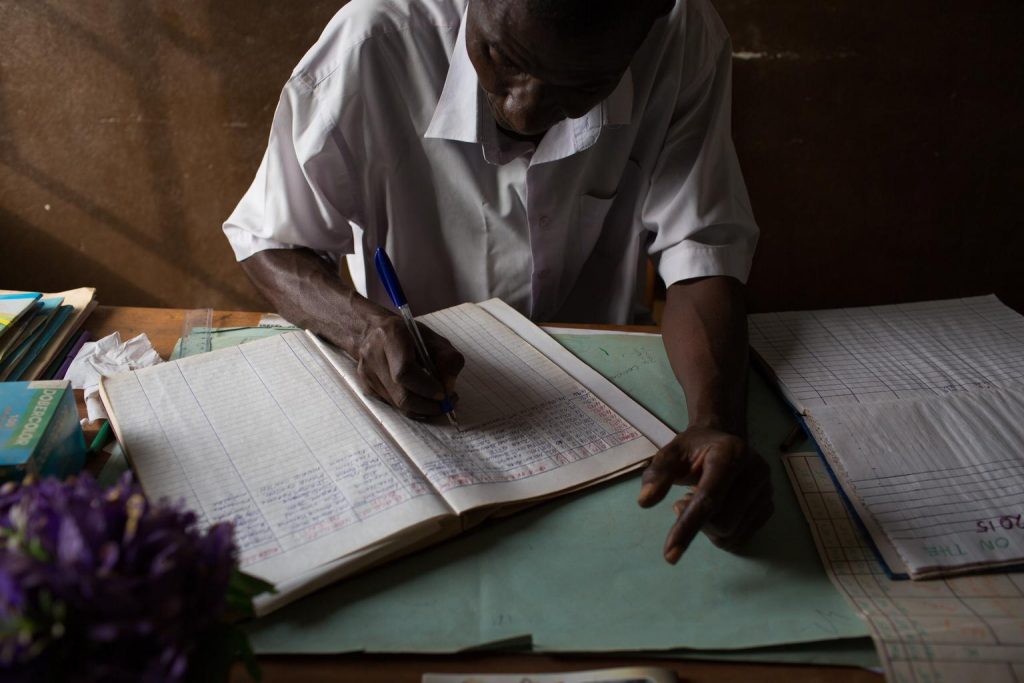The Ebola outbreak in West Africa has exposed the limits of the current approach to the global governance of infectious diseases, which mixes public health and security interests. International efforts to strengthen ‘health security’ quickly faltered when confronted with weak national health systems. Costly attempts by Western governments to strengthen global health security by developing new medical countermeasures, though important, did not yield a single, effective, widely available treatment or vaccine before the outbreak occurred.
The World Health Organization (WHO), which had made strengthening global health security a strategic objective, was unable to marshal a rapid international response to the epidemic due to its institutional structure and recent cutbacks in its outbreak and emergency response department. In the end, governments could only try to get ‘ahead’ of the disease via a heavily militarised response that came too late for the thousands who have already died, that remains of uncertain sustainability, and that raises profound challenges for already stretched armed forces. The time has come to move from a focus on health security and international crisis response, to a system of global governance capable of addressing infectious disease outbreaks in an orderly, organised and sustainable manner.



